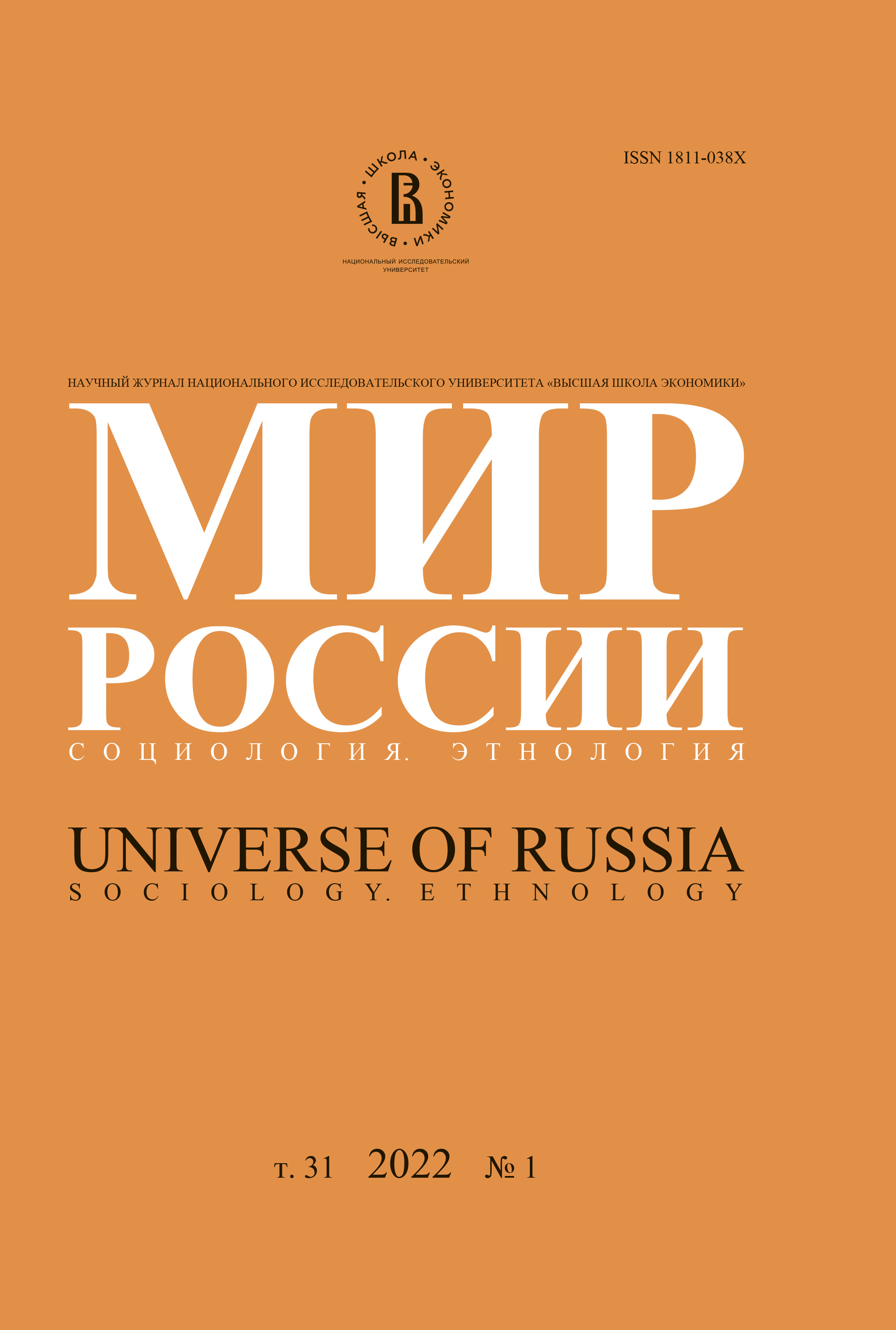Scientometric Indicators in the Evaluation of Russian Universities: A Literature Review
Abstract
Quantitative metrics are adopted to address many problems in the governance of Russian science. With the widespread adoption of metrics, researchers have begun to analyze large volumes of publications to study the effects of their implementation. Based on a review of empirical research, I discuss the goals of the implementation of metrics; changes this caused in university recruitment and promotion; and prevailing strategies of to increase publication. I document the growth of the scientific performance of Russian universities and identify the main strategies for this growth: increased collaborations, multiple affiliations, and publications in predatory journals. I also highlight gaps that may become the focus of future research. The use of quantitative data can extend beyond assessing academic performance to understand changes in the internal processes of universities. A focus on scientific performance alone does not suffice to show whether there has been a transformation in academia. Another possible direction is using more advanced tools for citation data analysis. We still know very little about the effects of scientometrics outside university assessment, as researchers tend to evaluate only one specific program, i.e., Project 5-100.






